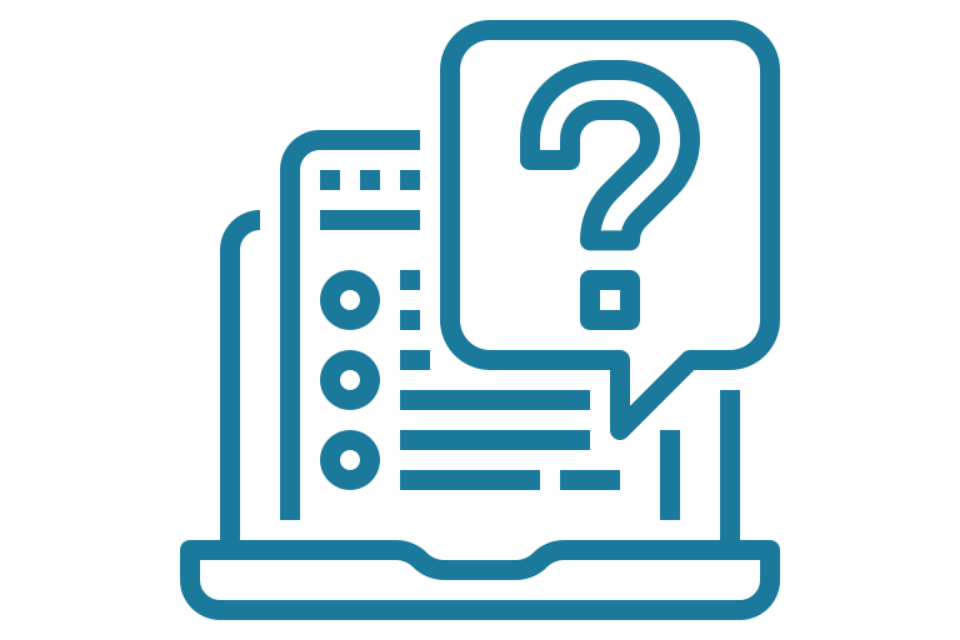A public disclosure is a disclosure of enough of an invention, that someone knowledgeable in the field, can re-create the whole invention. This is called an "enabling" invention. Disclosure can include a journal publication, a Web publication and may include abstracts, posters and public talks. Federal grants are not considered public disclosure until they are funded, at which point the may become publicly available. Be aware of early web publication of journal articles and conference abstracts.
You can discuss and present your matter to others at your institution, although they should be aware of the imperative not to broadcast information on your matter.
Avoid discussing, publishing and/or presenting your matter in any significant detail with personnel outside of your home institution or media (journals, external presentations, websites, dissertations, etc.) before it is protected, unless the communication is formally covered by a confidentiality agreement. In the case of a PhD dissertation, it is possible to write, defend and submit the completed dissertation, but place a hold on its public release until a patent application (or an application for some other form of protection) is submitted. Confidentiality agreements provide a useful mechanism to enable in-depth discussion with folks outside of your home institution. Your IP office should have a template.
Just because you have discussed your matter with someone outside of your home institution does not necessarily mean that you cannot file a disclosure. In many cases, the level of such discussion will not rise to the level of an "enabling disclosure." However, discussions that provide key details that would allow someone to replicate your work could be a big problem.
 Navigating patents, copyrights, and trademarks can be complex. We have compiled this quick overview for inventors to better understand the process. We are here to help, so, if you are a Brandeis inventor and have any questions, please contact us. For more detailed information, refer to the Inventor's Guide to Technology Transfer.
Navigating patents, copyrights, and trademarks can be complex. We have compiled this quick overview for inventors to better understand the process. We are here to help, so, if you are a Brandeis inventor and have any questions, please contact us. For more detailed information, refer to the Inventor's Guide to Technology Transfer.